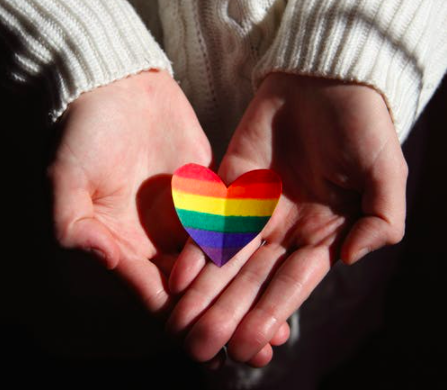LGBTQ+ stands for lesbian, gay, bisexual, trans, queer or questioning. The plus is added to include other gender identities and sexualities.
To find out more about the huge range of labels people use to express their gender identity and sexuality, as well as many other terms relating to all things LGBTQ+ you can visit Stonewall’s Glossary.









